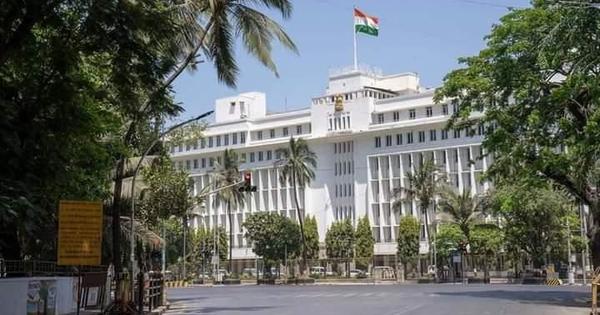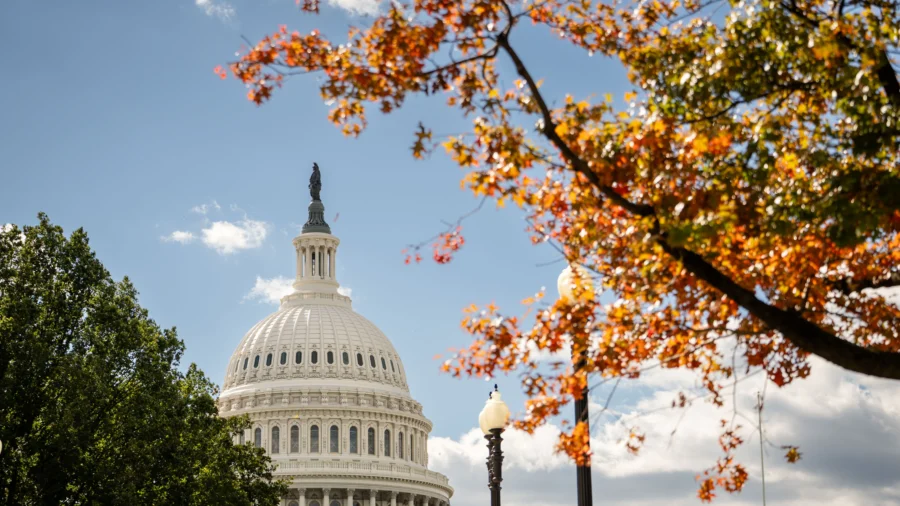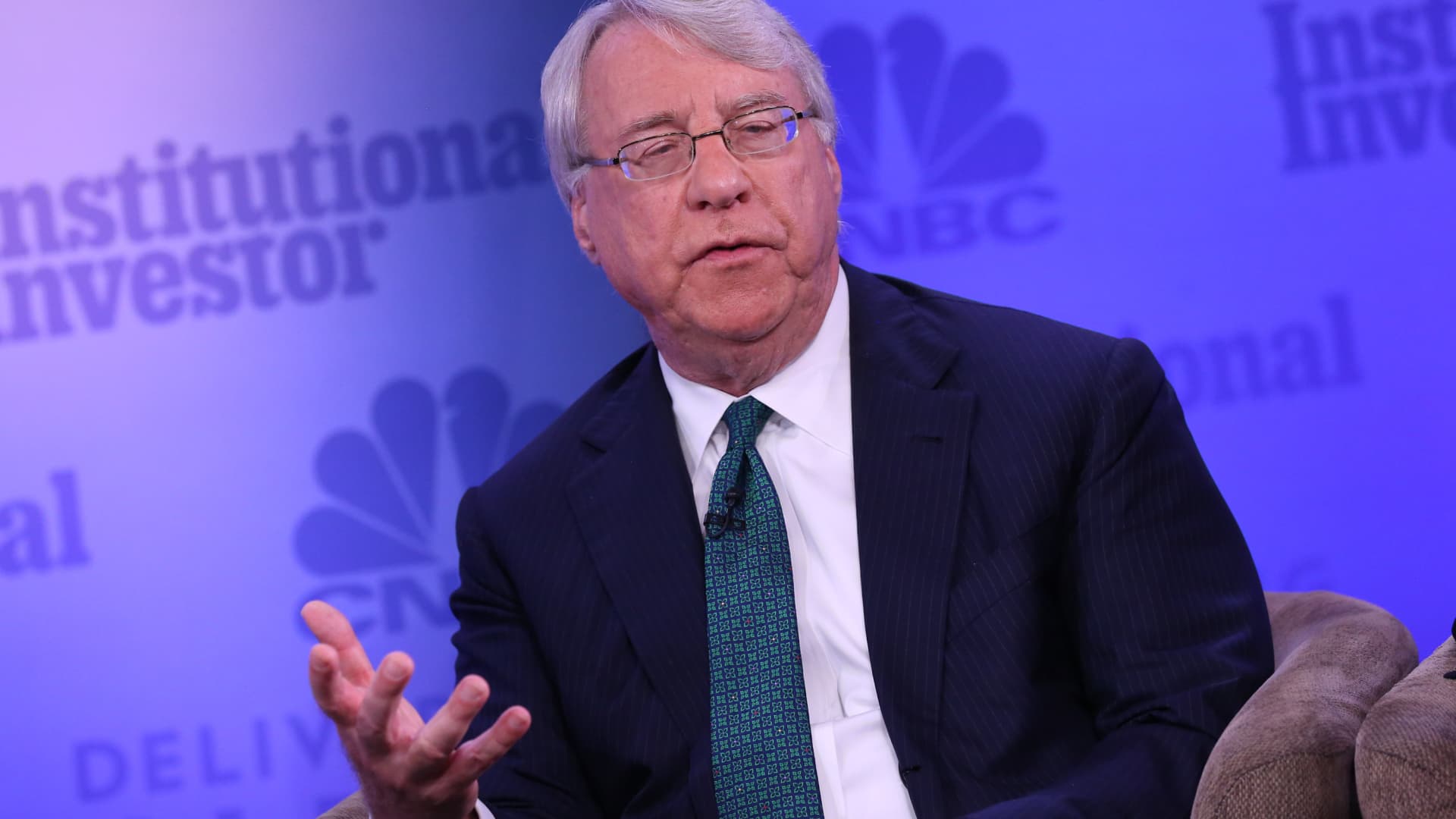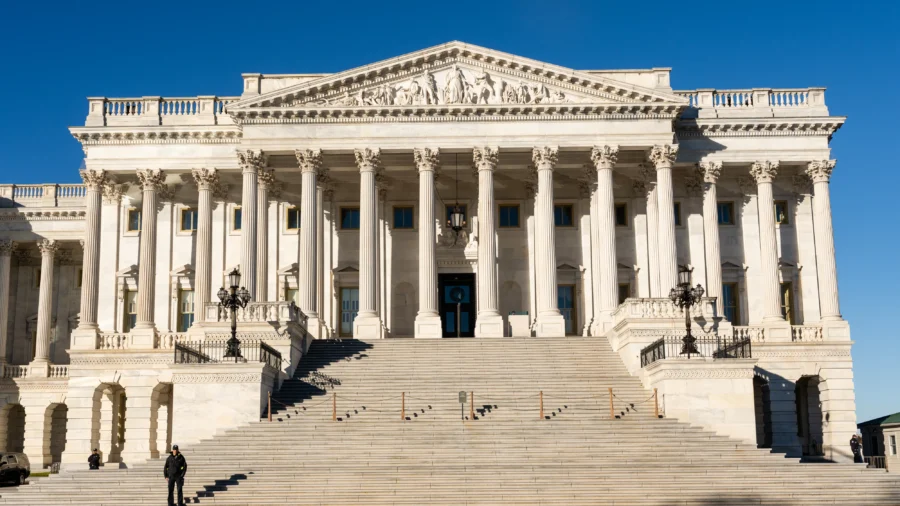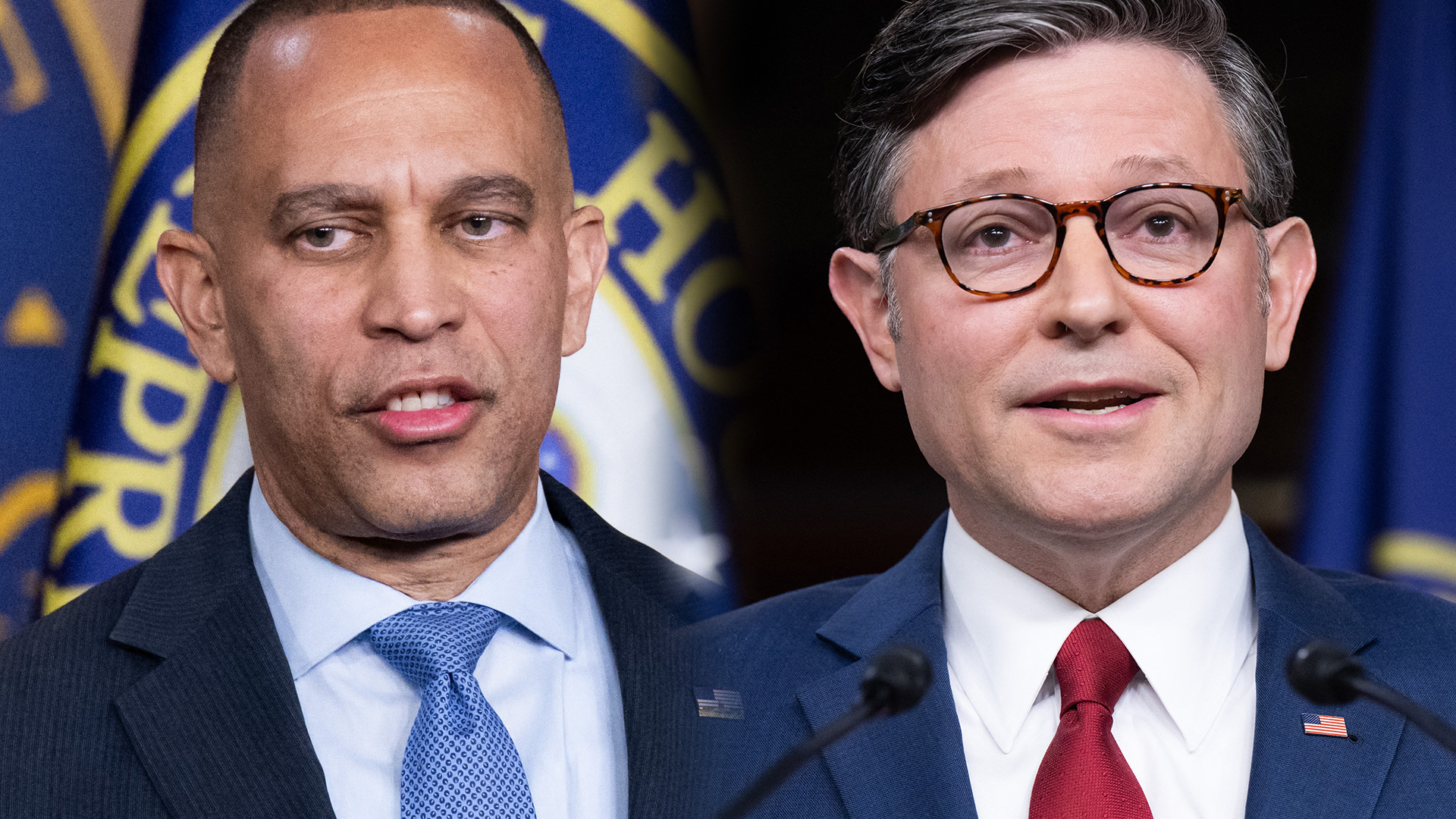Sanctions, markets and margins: Why Reliance halting purchase of Russian crude for Jamnagar refinery doesn’t mean India has bent to the US
Reliance Industries declared on November 20, 2025, that it will immediately cease importing Russian crude oil into its export-focused refinery in Jamnagar. As of December 1, the facility will solely export petroleum products made from non-Russian crude. The company clarified that this move was made in order to promptly comply with upcoming sanctions from the United States and the European Union (EU) that target refined goods made from Russian raw materials. Critics argue that the action shows India “bowing” to American pressure, although such a conclusion ignores the business realities facing both India’s largest non-state energy company and the largest refining complex in the world. Reliance is India’s biggest purchaser of Russian crude; its Jamnagar complex has a Special Economic Zone (SEZ) section focused on exports, with a significant portion of its output going to the US and EU markets. The decision reads more like prudent business risk management than diplomatic capitulation since it is acknowledged that Reliance’s export business generates substantial margins and international involvement. Export markets, sanctions risk, and business prudence Fuel exports to the US, EU, and other countries that offer premium margins and worldwide exposure are Reliance’s primary business drivers rather than just domestic refining. It has been reported that nearly half of India’s exports of Russian crude come from the Jamnagar SEZ refinery alone. In the meantime, the EU banned the import of petroleum products made from Russian crude starting on January 21, 2026. In a similar vein, the US imposed deadlines on Russian oil giants like Lukoil and Rosneft. Given the situation, Reliance’s choice appears to be proactive risk mitigation. It honours pre-committed shipments while shifting future exports to non-Russian feedstock to avoid jeopardizing access to Western petroleum markets or inviting secondary penalties. Far from indicating ideological unity, the move demonstrates commercial discipline, ensuring that the export industry is unaffected by global sanction regimes. Long term Russian deal Vs short term export reality It is true that Reliance negotiated a long-term agreement with Rosneft in recent years to purchase up to 500,000 barrels per day of Russian crude in a contract worth billions of dollars per year. However, corporate contracts need to take compliance risks and shifting international trade conditions into account. Contractual responsibilities are being fulfilled even as the business changes, as evidenced by the fact that Reliance is honoring pre-committed liftings until October 22 and that the last such cargo was loaded by November 12. From the government’s point of view, this demonstrates practicality rather than weakness. Instead of abruptly changing its stance on Russia, India makes sure that important industry participants carry on doing business as much as possible while giving them time to adjust when international sanctions take effect. In this way, the Modi administration is helping to maintain strategic continuity with Russia through long-term contracts while allowing the private sector to react to changing pressure on international commerce through export-oriented strategies. India and Russia continue to have deeper energy links that are structural rather than transactional. While Rosneft owns over 49% of Nayara Energy’s Vadinar refinery in Gujarat, Indian PSUs possess nearly half of Rosneft’s Vankorneft subsidiary, a substantial investment in Taas Yuryakh, and a longstanding position in the Sakhalin-1 project. Even if individual refiners like Reliance strategically modify their crude procurement in reaction to sanctions and market realities, these long-term upstream and downstream cross-holdings demonstrate that strategic continuity with Russia remains strong. Energy security, domestic Vs export strategy and the Indian government’s role One crucial distinction is that the shutdown only affects Reliance’s export focused SEZ refinery and not all of its domestic refining feedstocks. Thus, a segmented strategy is reflected in the decision. While local supply chains can continue to absorb a variety of crude sources, including Russian (subject to domestic tariff area limitations), exports shift away from Russian oil in order to preserve access to Western markets.This split strategy makes sense from the perspective of the government. It guarantees that careless international maneuvers won’t jeopardize India’s internal energy security. In addition, it protects margins and raises the cost of energy by enabling private Indian refiners to keep taking advantage of cheap Russian oil while it is geopolitically possible. Therefore, it is possible to interpret the Modi government’s stance as empowering Indian companies to manage risk in the best interests of the country rather than as submission. Maintaining strategic autonomy: Domestic suppliers, pricing and global alignment
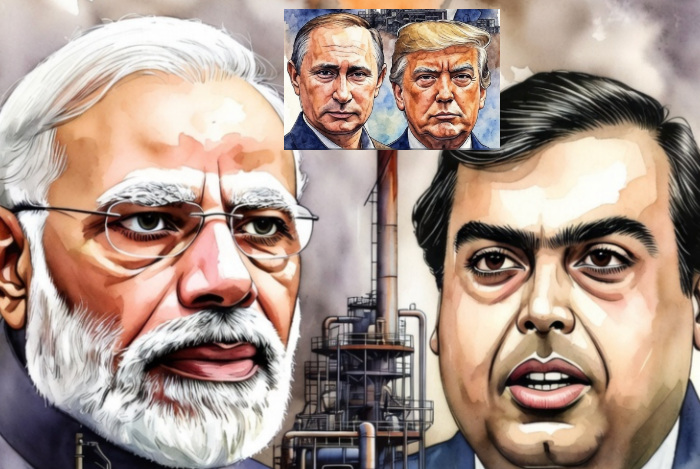


Reliance Industries declared on November 20, 2025, that it will immediately cease importing Russian crude oil into its export-focused refinery in Jamnagar. As of December 1, the facility will solely export petroleum products made from non-Russian crude. The company clarified that this move was made in order to promptly comply with upcoming sanctions from the United States and the European Union (EU) that target refined goods made from Russian raw materials.
Critics argue that the action shows India “bowing” to American pressure, although such a conclusion ignores the business realities facing both India’s largest non-state energy company and the largest refining complex in the world. Reliance is India’s biggest purchaser of Russian crude; its Jamnagar complex has a Special Economic Zone (SEZ) section focused on exports, with a significant portion of its output going to the US and EU markets. The decision reads more like prudent business risk management than diplomatic capitulation since it is acknowledged that Reliance’s export business generates substantial margins and international involvement.
Export markets, sanctions risk, and business prudence
Fuel exports to the US, EU, and other countries that offer premium margins and worldwide exposure are Reliance’s primary business drivers rather than just domestic refining. It has been reported that nearly half of India’s exports of Russian crude come from the Jamnagar SEZ refinery alone. In the meantime, the EU banned the import of petroleum products made from Russian crude starting on January 21, 2026. In a similar vein, the US imposed deadlines on Russian oil giants like Lukoil and Rosneft.
Given the situation, Reliance’s choice appears to be proactive risk mitigation. It honours pre-committed shipments while shifting future exports to non-Russian feedstock to avoid jeopardizing access to Western petroleum markets or inviting secondary penalties. Far from indicating ideological unity, the move demonstrates commercial discipline, ensuring that the export industry is unaffected by global sanction regimes.
Long term Russian deal Vs short term export reality
It is true that Reliance negotiated a long-term agreement with Rosneft in recent years to purchase up to 500,000 barrels per day of Russian crude in a contract worth billions of dollars per year. However, corporate contracts need to take compliance risks and shifting international trade conditions into account. Contractual responsibilities are being fulfilled even as the business changes, as evidenced by the fact that Reliance is honoring pre-committed liftings until October 22 and that the last such cargo was loaded by November 12.
From the government’s point of view, this demonstrates practicality rather than weakness. Instead of abruptly changing its stance on Russia, India makes sure that important industry participants carry on doing business as much as possible while giving them time to adjust when international sanctions take effect. In this way, the Modi administration is helping to maintain strategic continuity with Russia through long-term contracts while allowing the private sector to react to changing pressure on international commerce through export-oriented strategies.
India and Russia continue to have deeper energy links that are structural rather than transactional. While Rosneft owns over 49% of Nayara Energy’s Vadinar refinery in Gujarat, Indian PSUs possess nearly half of Rosneft’s Vankorneft subsidiary, a substantial investment in Taas Yuryakh, and a longstanding position in the Sakhalin-1 project. Even if individual refiners like Reliance strategically modify their crude procurement in reaction to sanctions and market realities, these long-term upstream and downstream cross-holdings demonstrate that strategic continuity with Russia remains strong.
Energy security, domestic Vs export strategy and the Indian government’s role
One crucial distinction is that the shutdown only affects Reliance’s export focused SEZ refinery and not all of its domestic refining feedstocks. Thus, a segmented strategy is reflected in the decision. While local supply chains can continue to absorb a variety of crude sources, including Russian (subject to domestic tariff area limitations), exports shift away from Russian oil in order to preserve access to Western markets.
This split strategy makes sense from the perspective of the government. It guarantees that careless international maneuvers won’t jeopardize India’s internal energy security. In addition, it protects margins and raises the cost of energy by enabling private Indian refiners to keep taking advantage of cheap Russian oil while it is geopolitically possible. Therefore, it is possible to interpret the Modi government’s stance as empowering Indian companies to manage risk in the best interests of the country rather than as submission.
Maintaining strategic autonomy: Domestic suppliers, pricing and global alignment
Critics who claim that India “bowed” to American pressure are oversimplifying. What we witness is a market-driven recalibration by a significant private enterprise ahead of sanctions; the government has not declared a complete embargo on Russian oil imports. This indicates that the Modi administration maintains its strategic flexibility. It hasn’t publicly pledged to use no Russian oil, it has not compelled state refiners to cease importing Russian oil, and it has maintained its independent foreign policy stance.
In addition, India’s government protects high-value fuel markets, defends exporters, and maintains its own credibility in international trade negotiations by allowing Reliance to change course. Importantly, the domestic gain is real, importing discounted Russian oil in benign conditions has helped India obtain favorable feedstock costs and kept downstream fuel prices under control, indirectly benefiting ordinary consumers and the economy as a whole. When viewed in this context, the Modi administration seems to be striking a balance between commercial pragmatism and global alignment rather than just giving in.
Business imperatives, global markets and India’s Competitive edge
Global competitive imperatives must also be considered while evaluating Reliance’s choice. The largest refining facility in the world is the Jamnagar complex. Globally, there is intense competition for its export business. If Russian-derived feedstocks are still utilized for exported goods, Western sanctions could jeopardize its market access. In its release, the corporation emphasized that the transformation was finished ahead of EU deadlines, demonstrating operational discipline in the face of external shocks. From the Modi government’s perspective, aiding this operational change through regulatory clarity, coordinated industry messaging, and diplomatic caution displays a business-friendly governing culture rather than subservience. India continues to draw foreign investment, and demonstrating that Indian businesses can manage the danger of sanctions helps preserve the nation’s reputation abroad.
Why this move doesn’t undermine India-Russia relations
It is crucial to remember that Reliance’s change does not necessarily mean a strategic break with Russia. Long-term arrangements are still in effect, and India’s overall purchases of Russian oil are still substantial. The Modi administration is still interacting with Russia in the areas of energy, defence, and diplomacy. Instead of a unilateral change in foreign policy, what is taking place is an industry-led shift in one particular export node.
When seen in this light, the government’s response makes sense. It allows the private sector to adjust to international sanctions while maintaining more extensive strategic connections with Russia. India’s long-term foreign policy and economic goals are in line with this dual approach of alignment when needed and autonomy when feasible.
The bigger picture: Supporting the domestic value chain, protecting export earnings
India’s domestic value chain stands to gain in addition to crude sourcing. India’s downstream sector will remain globally competitive, generate foreign cash, and maintain high-value jobs if the Jamnagar refinery maintains its dominance in exports. By allowing this continuity, the Modi administration protects both industrial strategy and energy security. Additionally, the firm avoids the possibility of secondary sanctions or market exclusion, which might jeopardize Reliance’s future investment plans in petrochemicals, renewable energy, and international collaborations, by moving away from Russian crude in the export unit. This action essentially safeguards India’s strategic footprint as well as its worldwide corporate champions.
Conclusion
In conclusion, Reliance’s export-focused refinery’s decision to stop importing Russian crude should be viewed as a business-led recalibration made possible by a government that recognises the interplay of international sanctions, export markets, industrial competitiveness, and energy security rather than as India caving in to external pressure. The Modi administration has maintained strategic connections with Russia and did not publicly surrender or enforce a blanket stop. Rather, it has made it possible for the top private energy company to negotiate the shifting global landscape while safeguarding India’s export revenue, refining margins, and downstream value chain.
The underlying facts indicate that this is India’s system of strategic autonomy in action, mediated through economic pragmatism and global market realities, despite critics framing the decision as diplomatic surrender. That is precisely the kind of strategy India needs in this uncertain age of supply chain shocks, sanctions, and shifting alliances.



